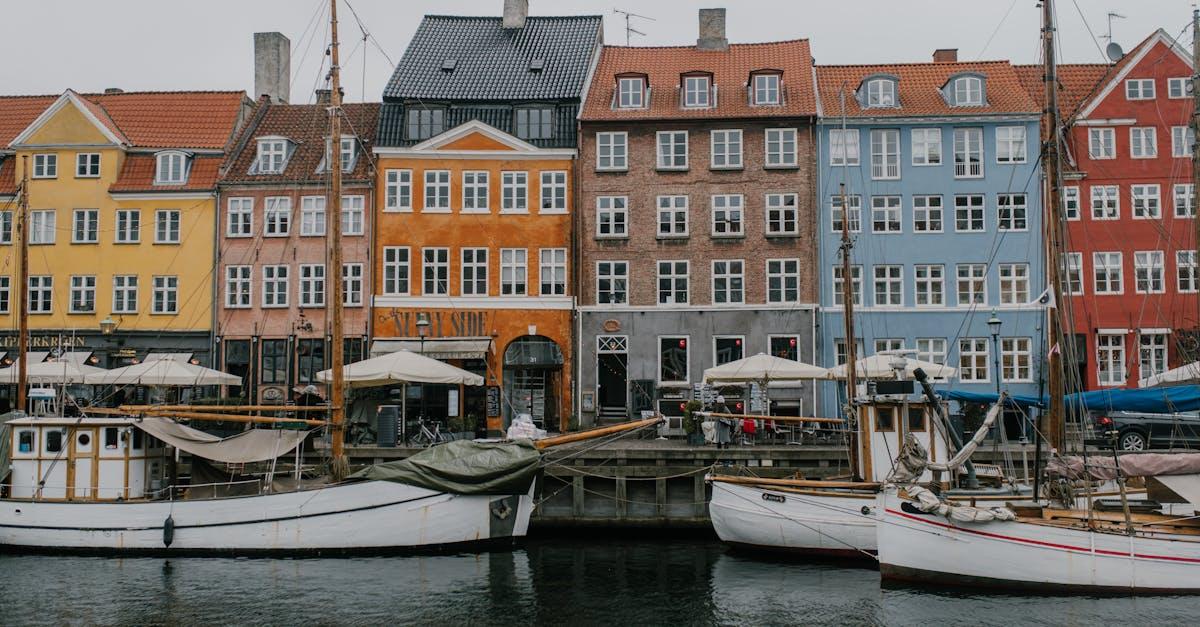Copenhagen, Denmark’s capital, is renowned for its high quality of life, vibrant culture, and efficient public services. However, for those considering relocating, a pressing question arises: Is Copenhagen expensive to live in? This article delves into various aspects of living costs in Copenhagen, providing a comprehensive overview for potential residents.
Housing Costs
Housing constitutes a significant portion of living expenses in Copenhagen. As of recent data, the average monthly rent for a one-bedroom apartment in the city center is approximately 14,000 DKK (around $2,000), while the same apartment outside the city center averages 10,000 DKK (about $1,400). These figures highlight the premium associated with central locations. Additionally, purchasing property in Copenhagen is costly, with city center apartment prices averaging 62,000 DKK per square meter.
Utility Expenses
Monthly utility bills, including electricity, heating, cooling, water, and garbage collection, for a standard 85m² apartment average around 1,400 DKK (approximately $200). High-speed internet services add an extra 200 DKK (about $30) per month. These costs are relatively standard for a major European city.
Groceries and Daily Necessities
Grocery prices in Copenhagen are higher than the European average. For instance, a liter of milk costs about 9 DKK ($1.30), a loaf of bread around 20 DKK ($3), and a dozen eggs approximately 30 DKK ($4.50). While these prices are manageable, they contribute to the overall higher cost of living.
Dining Out
Eating out in Copenhagen can be expensive. A meal at an inexpensive restaurant averages 130 DKK ($19), while a three-course meal for two at a mid-range restaurant can cost around 700 DKK ($100). Fast-food options, such as a McDonald’s combo meal, are priced at approximately 90 DKK ($13).
Transportation
Copenhagen boasts an efficient public transportation system. A single ticket costs around 24 DKK ($3.50), and a monthly pass is approximately 400 DKK ($60). Many residents opt for cycling, a cost-effective and environmentally friendly mode of transport, supported by the city’s extensive cycling infrastructure.
Healthcare and Education
Denmark offers universal healthcare and free education, funded through taxation. Residents have access to high-quality medical services without direct charges, and public education, including universities, is tuition-free for EU citizens. These benefits can offset some living expenses, providing value for the taxes paid.
Salaries and Taxes
The average monthly net salary in Copenhagen is around 25,000 DKK ($3,700). However, Denmark operates a progressive tax system, with income tax rates ranging from 37% to 52%. While taxes are high, they fund comprehensive public services, including healthcare, education, and social security, contributing to the country’s high standard of living.
Quality of Life
Despite the high costs, Copenhagen consistently ranks among the world’s most livable cities. Factors such as safety, cleanliness, efficient public services, and a strong sense of community contribute to a high quality of life, often justifying the expenses for many residents.
Cost-Saving Tips
For those concerned about expenses, consider the following strategies:
-
Housing: Explore accommodation options outside the city center or consider shared housing to reduce rent costs.
-
Groceries: Shop at discount supermarkets and local markets to find more affordable produce.
-
Dining: Limit eating out and take advantage of affordable street food options or cook at home.
-
Transportation: Utilize cycling or public transport instead of owning a car to save on transportation costs.
Conclusion
In summary, Copenhagen is an expensive city to live in, with high costs in housing, dining, and daily necessities. However, the substantial public services, quality of life, and social benefits provided can offset these expenses. Prospective residents should carefully evaluate their financial situation and lifestyle preferences when considering a move to Copenhagen.
For more detailed information, visit The Danish Dream’s guide on living in Copenhagen.

